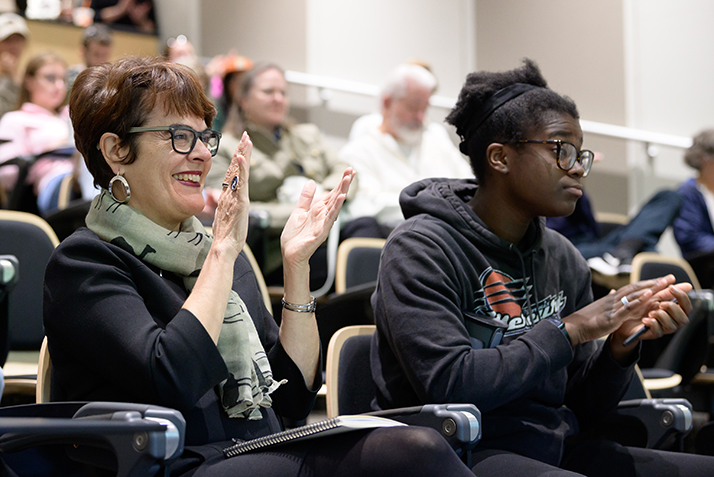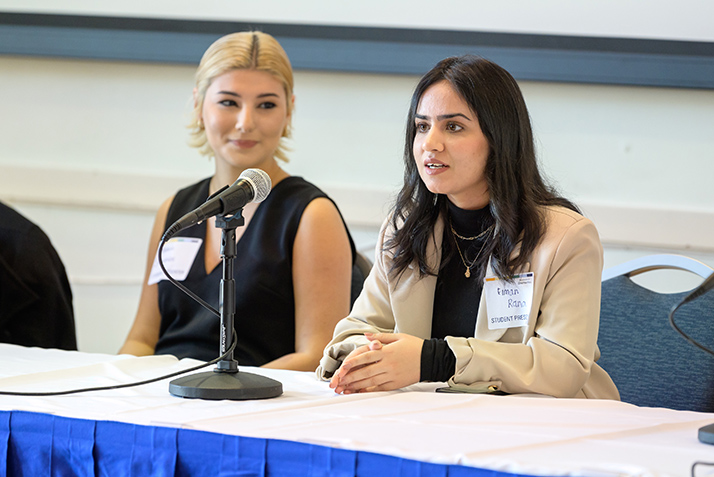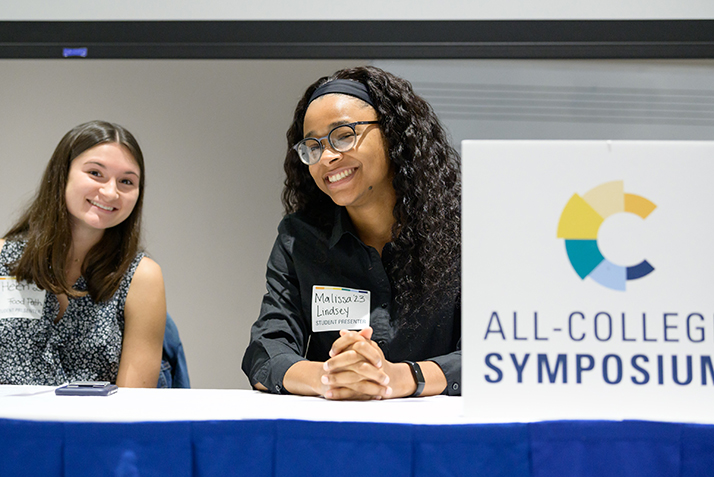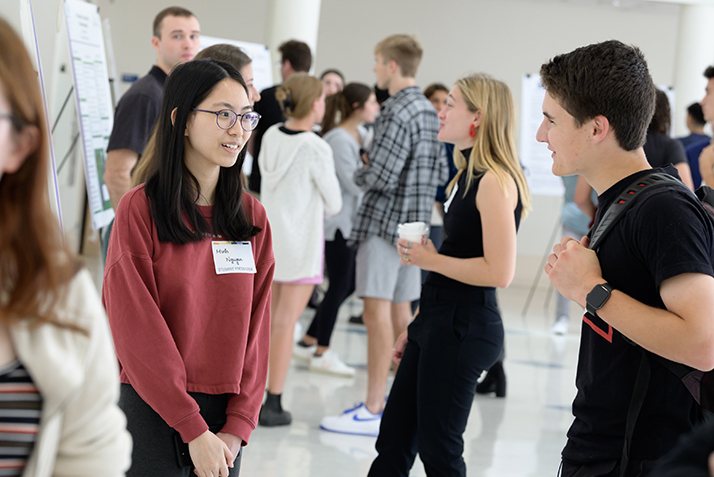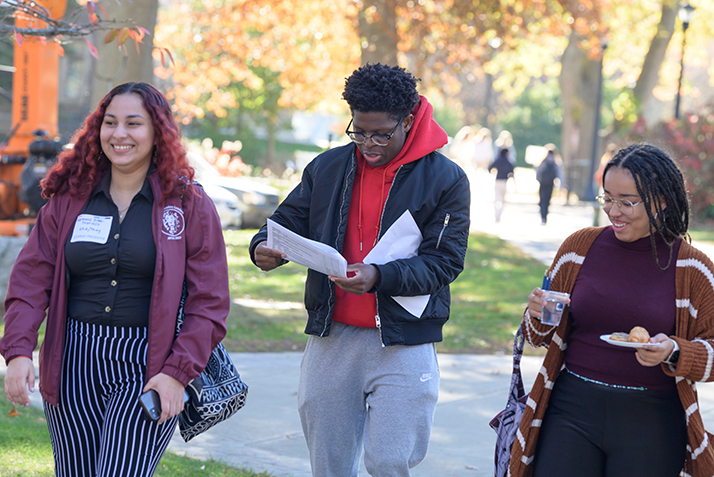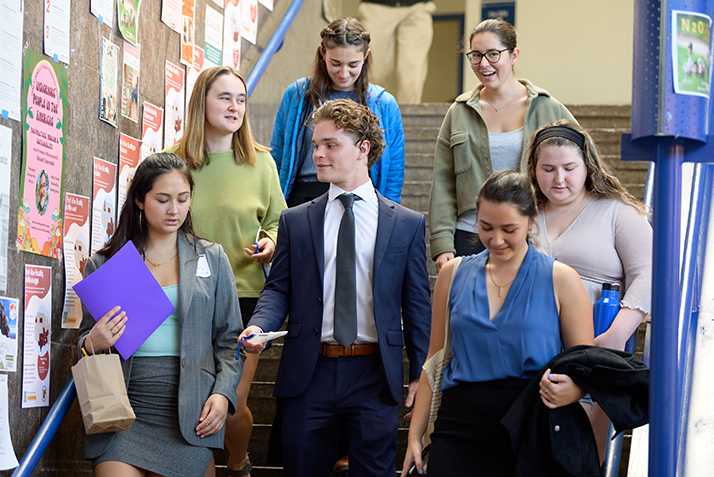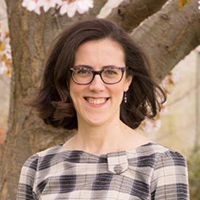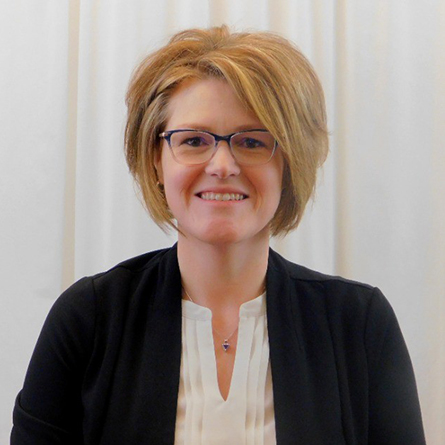
‘Everything is connected’
At the All-College Symposium, 240 seniors present the results of their transformative academic experiences
Catja Christensen ’23 grew up immersed in the performing arts: Her father is a musician, she and her brother are dancers, her sisters make music and her mother sings. But it was an image she saw in a dance history class at Connecticut College, of a bird with its feet facing forward and head looking backward, that inspired her to spend four years studying communication across disciplines—from dance performance to non-fiction writing. She analyzed the preservation of multicultural societies and explored her animating question: How does reporting on arts and cultural events reflect and influence societal values?
“The image of the bird is called the Sankofa, a Swahili word that means ‘learning from the past to ensure a stronger future,’” Christensen told faculty, staff and students gathered to hear her presentation at Conn’s fourth-annual All-College Symposium on Nov. 3. “It struck me as a perfect example of how careful preservation of artistic and cultural artifacts is important in order to progress more equitably in modern society.”
A dance and English double major and scholar in the Media, Rhetoric and Communication Pathway, Christensen was one of 240 seniors who presented at the day-long Symposium, the culminating Connections conference highlighting students’ integrative learning through four years. In talks, panels and poster sessions, the student presenters showcased the connections they have made among their courses and research, their jobs and internships, and their work in local communities and around the globe—along with the questions that animated their choices.
Christensen is working on a dance honors thesis exploring her family’s history immigrating from the Philippines, performing gender roles and surviving adversity, as well as replicating one of her grandmother’s dresses as a way of reconstructing and preserving her own cultural past. She’s also applying to graduate schools in the United Kingdom, where she plans to study reinterpretations of classical dance works in the 21st century.
“Preservation and progress seem like opposing ideas, but they’re intrinsically linked. Ethical preservation of the past includes critically thinking about what messages and cultural artifacts communicate to modern audiences,” she said. “In trying to answer my animating question, I began a lifelong journey of always questioning the status quo, always reflecting on paths and always being conscious of privilege and power in written and artistic communication.”
In their presentations, Christensen’s fellow seniors covered a range of topics, including racial and gender disparities in health care, cultural xenophilia in the context of war, the anthropological evolution of antibiotic-resistant bacteria, bias in machine learning algorithms, the economics of food access, inequities in the American foster care system, the role of women in the IRA, the future of addiction recovery and COVID’s impact on plastic waste in the world’s oceans.
